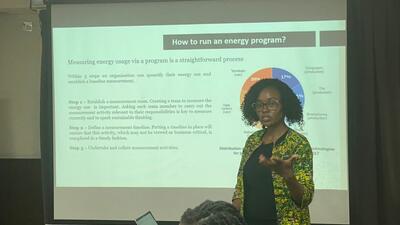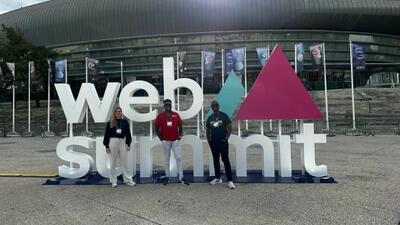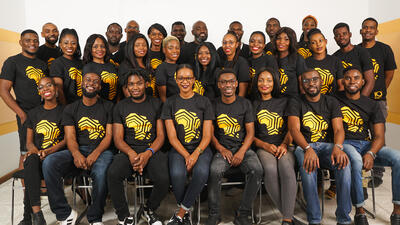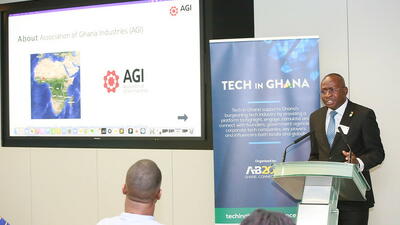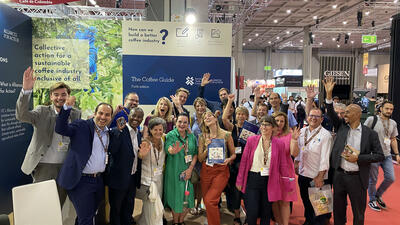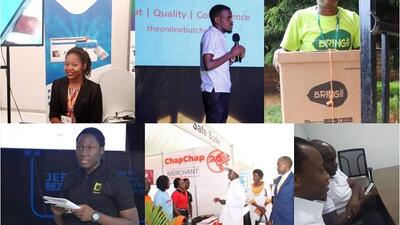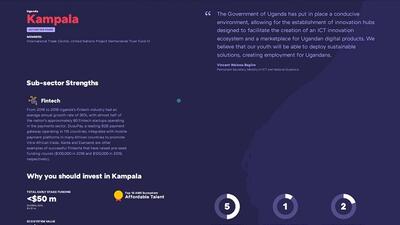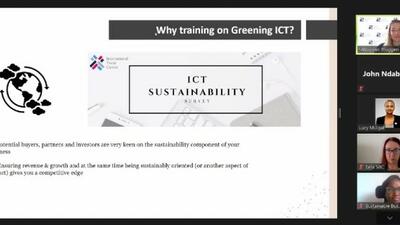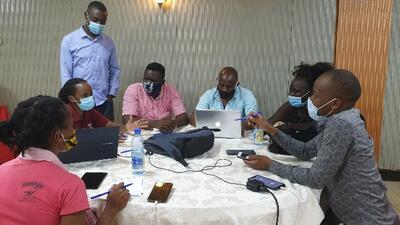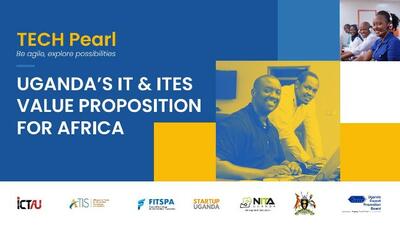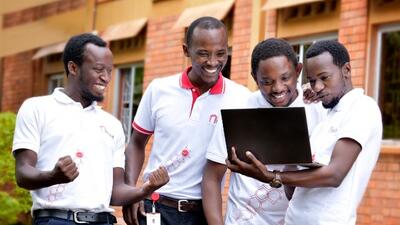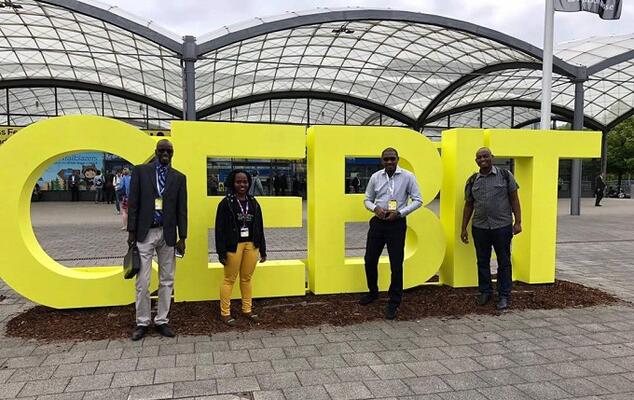
Ugandan, Senegalese start-ups live ‘in the future’ at CEBIT digital expo
Europe’s ‘triple punch event’ for all things digital hit the spot for some up-and-coming African companies.
Three African start-ups and a small enterprise participated in CEBIT, one of the world’s largest computer expos, featuring exhibits, conferences and networking opportunities.
They traveled to Hannover, Germany, sponsored by the International Trade Centre’s (ITC) Netherlands Trust Fund IV (NTF IV) programme to discover the latest trends in digital marketing, learn about new technologies and share their own experiences with digital marketing.
CEBIT didn’t disappoint, according to Mohamed Diallo, director general of By Filling, an inbound and digital marketing company in Senegal.
‘By attending keynotes and panels, we learned a lot about the major orientations in digital marketing for the years to come,’ he said. ‘It’s something our company expected internally to happen in the African market, and it’s really interesting to see our hypothesis confirmed.’
By Filling’s top accomplishment at CEBIT was sharing figures, key information and digital marketing strategies that work in Africa, Diallo said. ‘Personally, I’ve noticed that people aren’t quite aware of how fast the internet is growing in Africa.’
Networking in ‘The heart of CEBIT’
This was the first time that By Filling attended the expo, which attracted more than 2,800 companies, 370 start-ups from Europe, Africa and Asia, and some 600 speakers. Many attendees, including Crescendo Worldwide, consider the event to be a barometer of current trends and a measure of the state of the art in information technology.
For Diallo, one of the event highlights was the special attention to start-ups. A dedicated area called Scale 11 was set up at the expo to allow these newly established businesses to promote their products and services. That’s where the NTF IV start-ups set up workstations and networked with potential investors and clients.
‘This space was of great benefit for our company because it gave us the opportunity to expose our products and services and to interact with visitors,’ Diallo said. ‘For me, the space was the heart of CEBIT because it allowed us to meet with creators, investors and shapers of tomorrow’s world.’
Speed-dating with potential investors
Scale 11 enabled Jane Bukenya, content manager at Yaaka Digital, to meet directly with other CEBIT participants and answer questions about the Ugandan start-up. Yaaka Digital is a digital learning platform that contains academic content from pre-primary to university, following the Ugandan syllabus.
‘I was able to reach out to people in case they had questions about the product,’ Bukenya said. ‘I was expecting to interact with potential investors for our business, and I believe this was well appreciated and good results are coming up.’
Bukenya also took part in a speed-dating event with investors that she hopes will eventually bring funding to Yaaka.
‘The speed-dating event was very good because I got to have one-on-ones with over 15 investors,’ she said. ‘I got feedback on how best to look for funding for our start-up. The investments would help us move the company to the second phase, which involves a lot of money.’
Half of the investors she met expressed interest in Yaaka, Bukenya added.
Gaining new experiences
NTF IV, based on a partnership between the International Trade Centre and the Dutch Centre for the Promotion of Imports from developing countries (CBI), also sponsored the participation of Senegal’s Labc4s and Uganda’s Schoolmaster at CEBIT.
NTF IV aims to support the development of the information technology (IT) and IT-enabled services sectors in the two countries. Sponsoring beneficiaries to attend events such as CEBIT offers small and medium-sized enterprises and start-ups opportunities they wouldn’t be able to experience otherwise.
‘It was an amazing thing to be there,’ Diallo said, ‘because for several days we literally lived in the future.’




